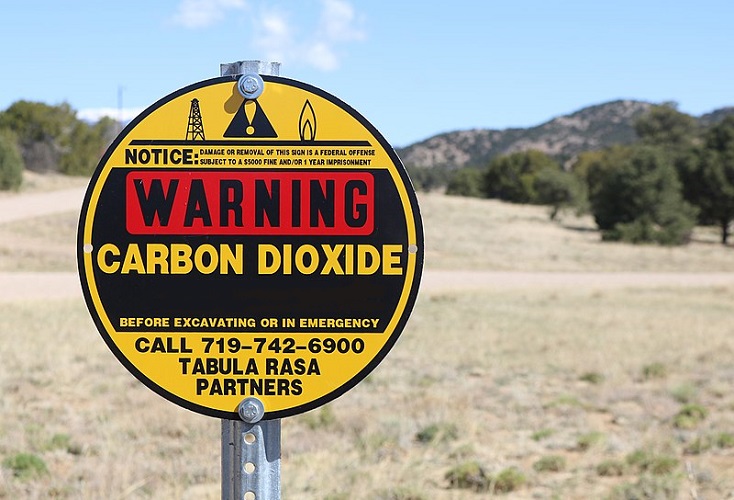Carbon Dioxide: Not just a bad thing, it transpires
News in the UK this weekend has highlighted, in my mind at least, an ironic inter-connectedness between our goal of reducing carbon (dioxide) emissions and our dependency on carbon dioxide within our food supply. Recent hikes in energy wholesale prices have led to the suspension of two fertilizer plants, and the reduction in output from other suppliers, whose CO2 by-product contributes to 60% of CO2 usage in food supply chains in the UK. This includes food supply chain and preservation, and carbonated drinks production. Whilst capturing CO2 at the point of production from necessary industrial processes is clearly more sensible, it makes me wonder whether we should be diversifying the supply of CO2 and investing more in Direct Air Capture ( https://www.iea.org/reports/direct-air-capture ). I don’t know whether the apparent disproportionate reliance on fertilizer production is a supply capacity, a logistics or just an economic issue. Maybe all three?
In reference to Direct Air Capture, a process where CO2 is effectively filtered out of the air around us and then captured for re-use or permanently stored below ground, The Engineer reported recently on a new facility in Scotland ( https://www.theengineer.co.uk/engineering-begins-on-uk-direct-air-capture-facility/ ) and Dezeen were following up on a new 4000t CO2/yr DAC facility in Iceland by Climeworks, whose technology had hit the news back in 2017 ( https://www.dezeen.com/2017/06/06/world-first-commercial-carbon-capture-plant-switzerland-pollution-technology-news/ ). There are other players and similar processes of course; looking closely at the embodied carbon and operational emissions of all alternatives is understandably important and may help to determine where research, development and implementation is focused. And as a commentator on the Engineer article rightly pointed out, planting trees and other bio-capture approaches may have a bigger impact.
I am no expert but my research into what ‘Net-Zero’ actually means leads me to suspect all approaches are worthwhile, at least to a certain extent. And if we require CO2 for industrial use, as the recent news has brought to our attention, then planting trees alone isn’t going to help.

Here is another string to the carbon capture bow: research into using hydrates to capture CO2. https://cockrell.utexas.edu/news/archive/9344-metals-supercharge-promising-method-to-bury-harmful-carbon-dioxide-under-the-sea